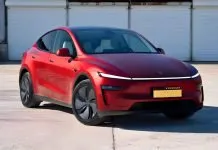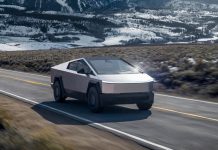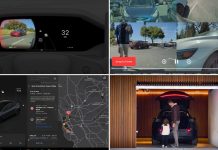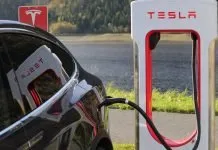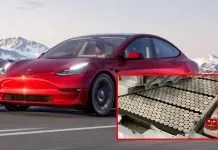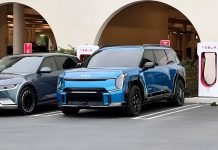In the most recent survey that was conducted by Verra Mobility among 2000 American individuals aged 25 and above, the results indicated that about 47% of the respondents intend to own an EV in the next five years. Nevertheless, issues like range extension, capability of chargers, and cost are the main inhibitors to fully transitioning to electric cars.
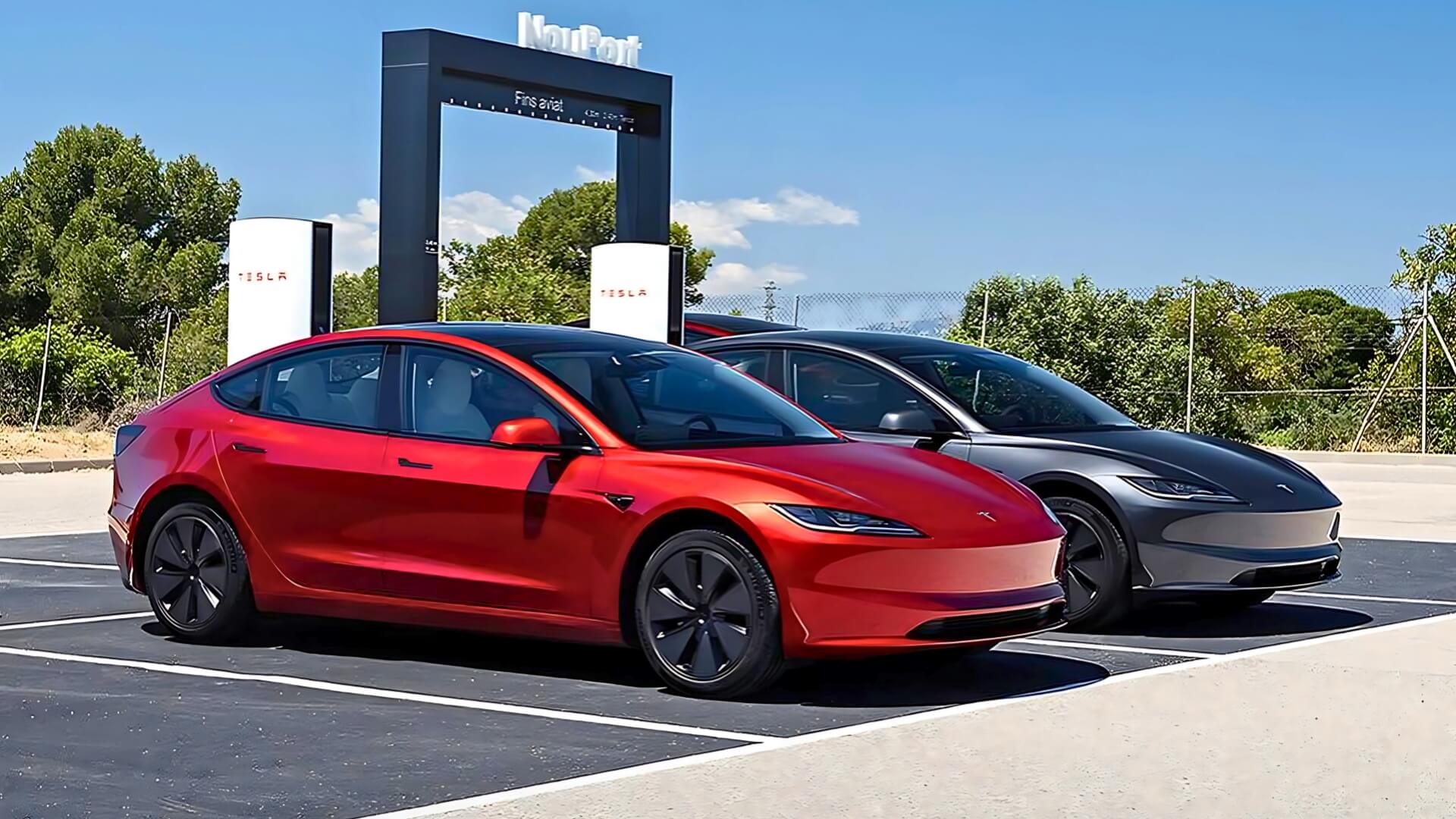
Growing Interest in EVs
According to the survey, consumers are far more interested in EVs than they were previously, with 21 percent of the participants planning to purchase an EV in the following one to two years. This enthusiasm towards EVs is interesting, given that only 7% of respondents own an EV. It signifies that the market has the potential for further expansion, given the main areas of concern that need to be met.
The TCS Future-Ready eMobility Study 2025 highlights that there are signs that the world of EVs is set to be transformed because 64% of consumers worldwide today are likely to buy an EV as their next car. This strong interest proves that people are changing their mode of transportation not only in certain regions but all over the world.
Challenges to EV Adoption
Nonetheless, there are a few anxieties associated with EV usage. Range anxiety is when the car batteries might get drained before one gets to the nearest charging station. A recent research report has shown that 71% of the respondents are worried about the driving range of EVs, which is known to fall under the psychological barrier.
Another key problem to be mentioned is the charging infrastructure. An interesting fact is that 40% of the respondents do not know the location of the nearest charging station, and 73% don’t know how to charge an electric rental car. This lack of awareness is the reason behind the poor awareness level among consumers, and there is a requirement for more frequent charging points to make consumers shift to EVs easily.
Other decision criteria include cost, which affects consumers’ purchasing decisions. Though 51% of the participants expressed their willingness to pay for an EV, if upfront costs were not a concern, many of them still had several misinterpretations about long-term costs. Surprisingly, 63% of them believe that EVs consume more maintenance than gasoline vehicles, while there is a clear indication that EVs require less frequent maintenance. Also, 42% of the population believes that they may require a towing service for an EV, which shows why there is a need to correct the public misconception.
However, more advancements in battery technology and its options can still be observed. Researchers at Fudan University have found a new method of enhancing the energy storage capacity of lithium-ion batteries in as much as desired. These could include the use of innovative materials in the manufacture of the electrodes as well as the improvement of battery chemistry—all in the effort to come up with batteries that can be used for longer periods and are more efficient for EVs.
While it also improves the driving range of the EV, it also means that battery replacements occur less often, which makes taking up EV ownership less expensive and less damaging to the environment in the long run.
The Role of EV Rentals in Consumer Education
Among them, the following can be mentioned as potential measures taken to counter these issues, especially through the use of car rentals that are electric vehicles: The survey further showed that 70 percent of respondents would opt for a rental service to gain first-hand experience with an EV. It may be very useful for those prospective buyers who still have certain concerns about the feasibility of having an electric car as their own to give them a feel of how it is.
This strategy has potential benefits for both the rental companies and makers of automobiles to increase the confidence of the customer. This way, they can dispel people’s misconceptions regarding the range of EVs, charging issues, and maintenance problems while undergoing short-term rentals.

